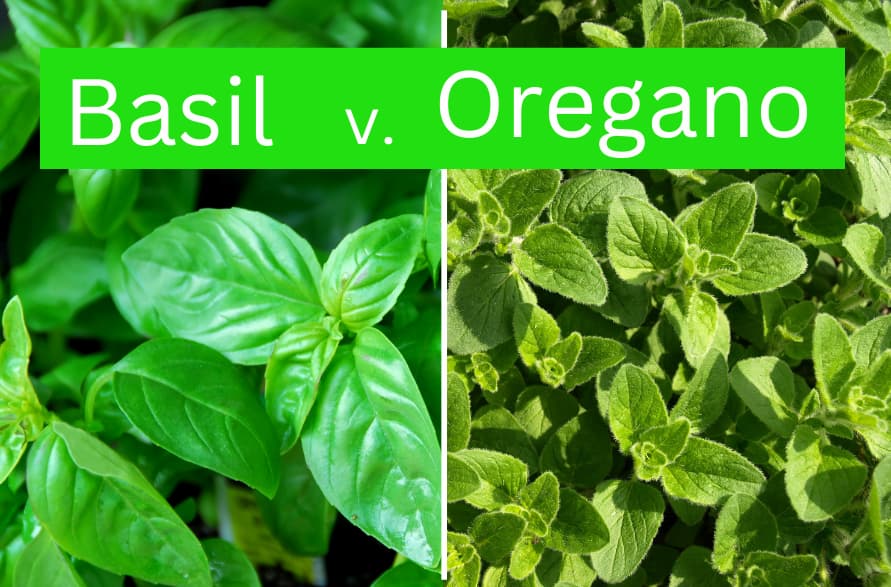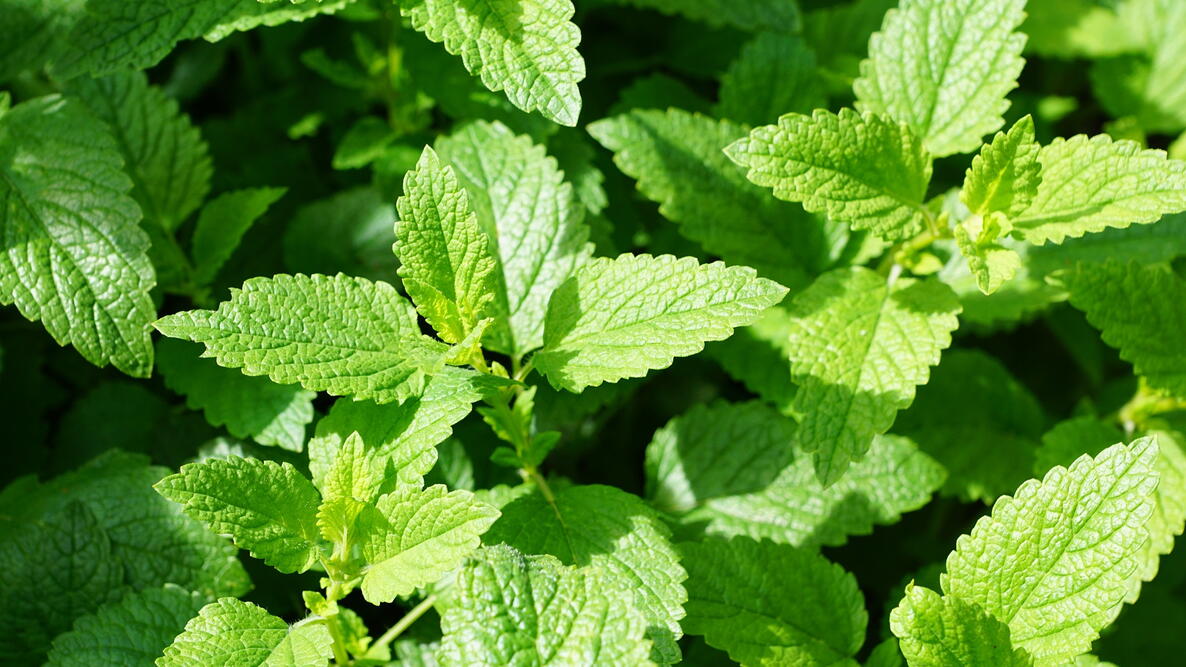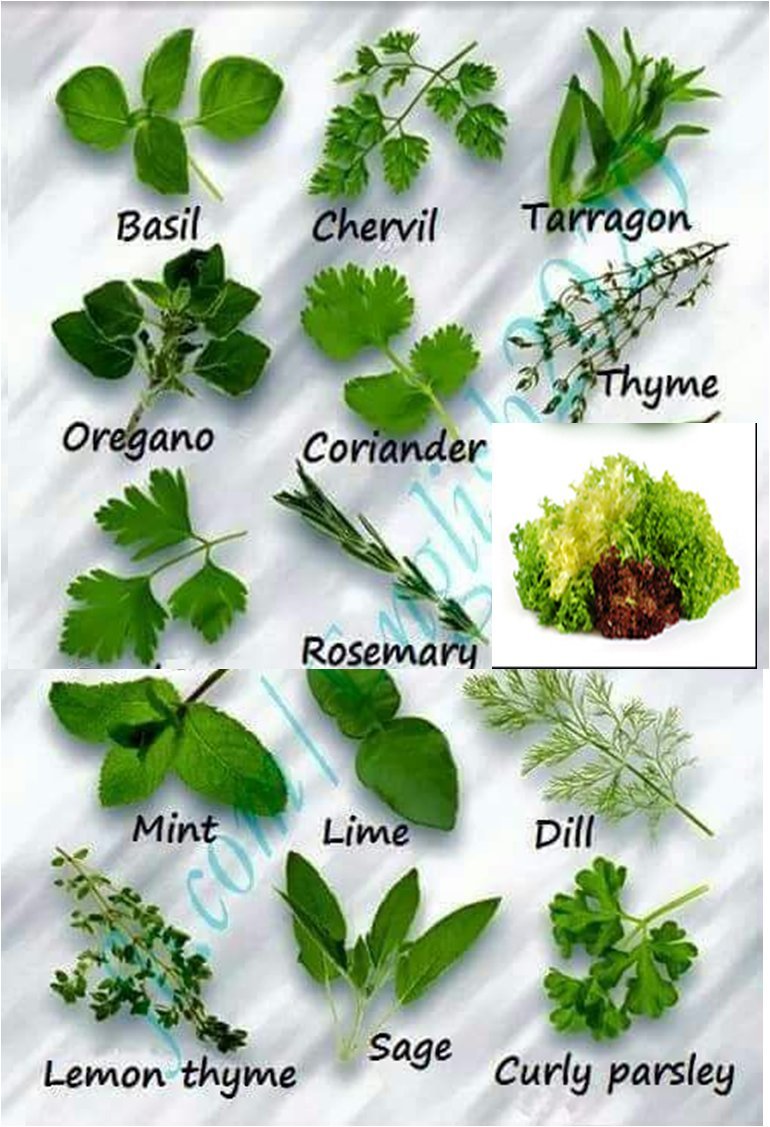Herb Combos That Will Make Your Garden Thrive
Herb Combos That Will Make Your Garden Thrive
Herbs are a great way to add flavor and fragrance to your cooking, and they can also be used to attract pollinators and deter pests. But did you know that certain herbs can also benefit each other when planted together? This is called companion planting, and it's a great way to create a healthy and productive garden.
In this blog post, we'll discuss some of the best herb combos for companion planting. We'll also provide some tips on how to plant and care for your herbs so that they can thrive together.
Benefits of Companion Planting
There are many benefits to companion planting herbs. Here are a few of the most important:
- Improved plant health: Herbs that are planted together can help to improve each other's health. For example, basil can help to deter pests from tomatoes, and chives can help to repel aphids from roses.
- Increased yields: Companion planting can also help to increase the yields of your herbs. For example, planting carrots near parsley can help to improve the flavor of the carrots, and planting mint near tomatoes can help to increase the number of tomatoes produced.
- Attract pollinators: Many herbs attract pollinators, such as bees and butterflies. These pollinators are essential for a healthy garden, as they help to pollinate plants and produce fruits and vegetables.
- Deterrent pests: Some herbs can help to deter pests from other plants. For example, planting mint near cabbages can help to repel cabbage moths.
Tips for Companion Planting Herbs
When companion planting herbs, there are a few things to keep in mind:
- Plant herbs with similar growing conditions: It's important to plant herbs that have similar growing conditions together. This means planting herbs that require the same amount of sunlight, water, and soil type.
- Plant herbs that complement each other's scents: Herbs with strong scents can help to deter pests from other plants. For example, planting basil near tomatoes can help to deter tomato hornworms.
- Plant herbs that attract pollinators: If you want to attract pollinators to your garden, plant herbs that they are attracted to. Some of the most popular herbs for attracting pollinators include lavender, mint, and chamomile.
- Experiment: There's no right or wrong way to companion plant herbs. The best way to find out what works for you is to experiment. Try different combinations of herbs and see what works best in your garden.
Here are some of the best herb combos for companion planting:
- Basil and tomatoes: Basil can help to deter tomato hornworms from tomatoes.
- Chives and roses: Chives can help to repel aphids from roses.
- Lavender and carrots: Lavender can help to improve the flavor of carrots.
- Mint and cabbages: Mint can help to repel cabbage moths from cabbages.
- Parsley and beans: Parsley can help to improve the growth of beans.
- Sage and strawberries: Sage can help to improve the flavor of strawberries.
- Thyme and rosemary: Thyme and rosemary are both drought-tolerant herbs that can be planted together.
Conclusion
Companion planting is a great way to create a healthy and productive garden. By planting herbs that complement each other, you can improve the growth and flavor of your herbs, attract pollinators, and deter pests. So next time you're planning your herb garden, be sure to consider companion planting.
Herbs that grow well together
When it comes to planting herbs, it's important to consider which ones will grow well together. Some herbs, such as mint and basil, can be aggressive growers and crowd out their neighbors. Others, such as chives and parsley, can help to repel pests and diseases.
If you're not sure which herbs to plant together, a great resource is Gardenia Inspiration. This website provides a comprehensive list of herbs that grow well together, as well as information on their individual growing requirements.
For example, Gardenia Inspiration recommends planting basil, chives, and parsley together in a sunny spot. These herbs all have similar water and soil requirements, and they will help to deter pests from your garden.
If you're looking to add some color to your herb garden, you might want to try planting lavender, oregano, and rosemary together. These herbs will thrive in full sun and dry soil, and they will add a touch of Mediterranean flair to your yard.
No matter what your gardening goals are, Gardenia Inspiration has the information you need to choose the right herbs for your garden and plant them together for success.
FAQ of herbs that grow well together
- What are some herbs that grow well together?
Here are some herbs that grow well together:
- Basil and oregano: These two Mediterranean herbs have similar growing requirements and can help to repel pests.

- Lemon verbena, dill, and cilantro: These herbs all attract beneficial insects, which can help to control pests.

- Lavender, rosemary, and thyme: These herbs all have similar drought tolerance and can thrive in hot, dry climates.

- Parsley, sage, and chives: These herbs all have different flavors and textures, making them a versatile addition to any dish.

- Mint: Mint is a fast-growing herb that can be invasive, so it's best to plant it in a pot or container.

- What herbs should I avoid planting together?
Here are some herbs that should not be planted together:
- Mint and basil: Mint can take over a garden, so it's best to plant it away from other herbs.
- Fennel and cilantro: Fennel can stunt the growth of cilantro, so it's best to plant them in separate areas.
- Dill and lavender: Dill can attract pests that can damage lavender plants.
- Rue and sage: Rue can inhibit the growth of sage plants.
- How do I know which herbs to plant together?
When choosing herbs to plant together, it's important to consider their growing conditions, such as sun exposure, water needs, and soil type. It's also a good idea to plant herbs with different flavors and textures to add variety to your dishes.
- Can I plant herbs together in a pot or container?
Yes, you can plant herbs together in a pot or container. However, it's important to choose herbs that have similar growing conditions. You should also make sure that the pot or container is large enough for the roots of the herbs to spread out.
- What are some tips for companion planting herbs?
Here are some tips for companion planting herbs:
- Plant herbs with similar growing conditions together.
- Plant herbs with different flavors and textures together.
- Plant herbs that attract beneficial insects together.
- Avoid planting herbs that are known to compete with each other.
- Water and fertilize your herbs regularly.
- Keep an eye out for pests and diseases.
Image of herbs that grow well together
Basil, tarragon, and oregano. These Mediterranean herbs tend to pair well due to similar growing requirements, and planting oregano alongside basil and tarragon may help prevent pests.

- Lemon verbena, dill, and cilantro. These herbs all have different scents and flavors, so they can be used to add variety to your cooking. They also have similar growing requirements, so they can be planted together in the same pot or garden bed.

- Lavender, rosemary, and thyme. These herbs are all drought-tolerant and can thrive in full sun. They also have a pleasant fragrance that can deter pests.

- Parsley, sage, and chives. These herbs are all easy to grow and can be used in a variety of dishes. They also have different colors and textures, so they can add visual interest to your herb garden.

- Mint, basil, and thyme. These herbs are all relatively low-maintenance and can tolerate a variety of soil conditions. They also have different flavors, so you can use them to add variety to your cooking.

Post a Comment for " Herb Combos That Will Make Your Garden Thrive"